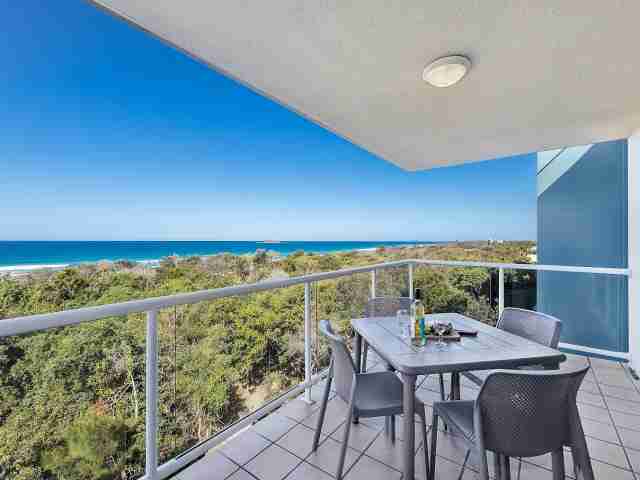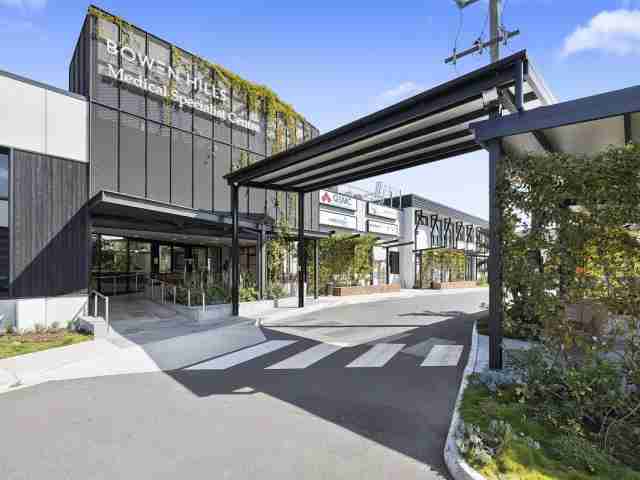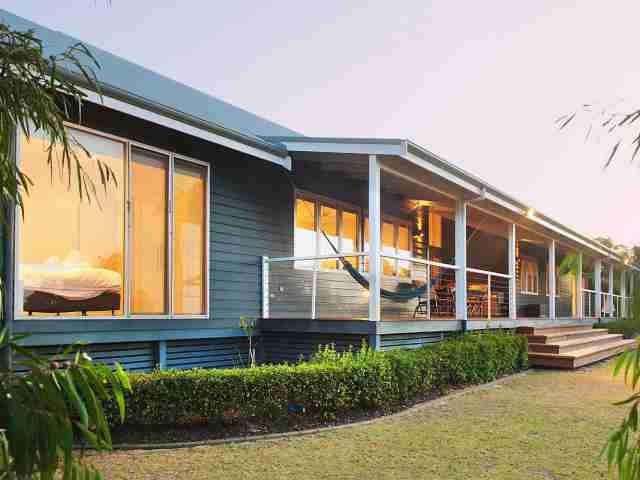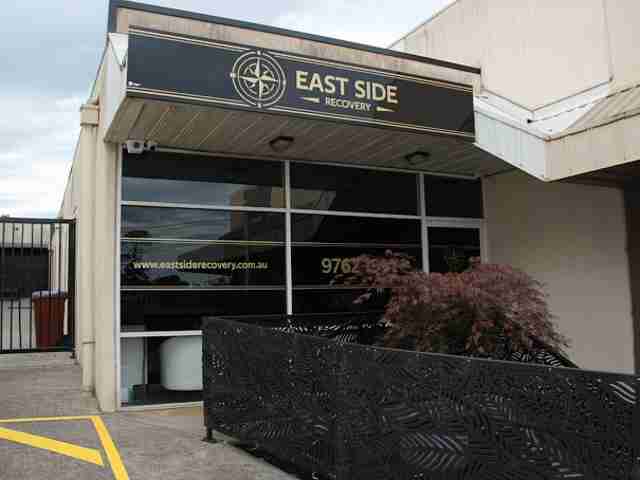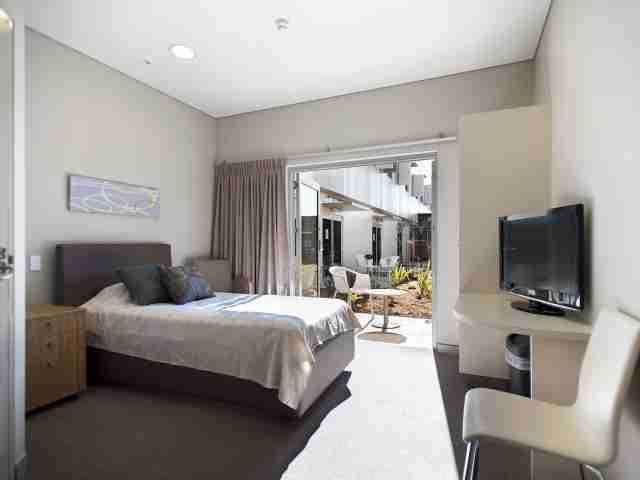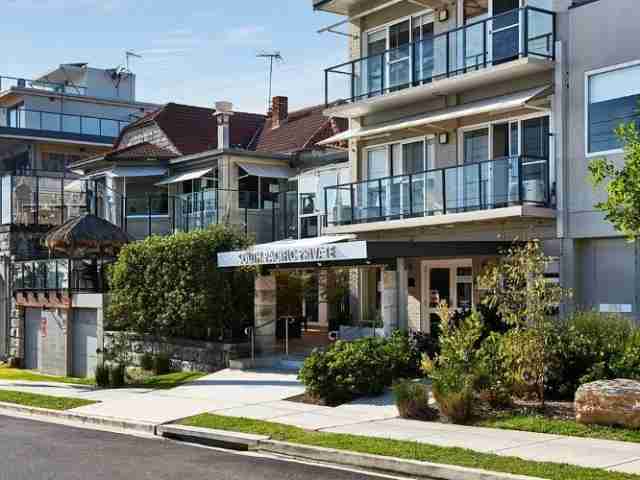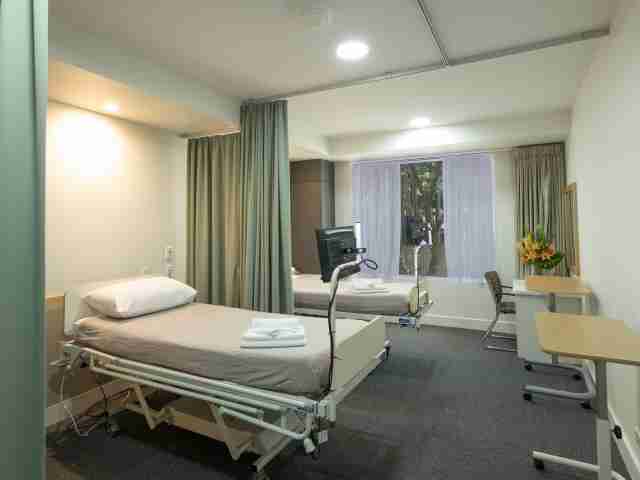More About Obsessive Compulsive Disorder (OCD) Treatment Centers
Obsessive compulsive disorder (OCD) causes “recurring, unwanted thoughts, ideas or sensations (obsessions)”. Compulsions, like repetitive hand-washing or counting, are an attempt to get rid of the thoughts. It's commonly caused by anxiety and a need for control, sometimes as a result of trauma.
OCD symptoms include obsessive or intrusive thoughts and compulsive behaviors. You might adopt rituals to appease your intrusive thoughts, or try to avoid thinking about them entirely (which usually makes them worse).
The worries, fears, and behaviors of OCD differ from conditions like anxiety. While anxiety may feel like over-worry, OCD causes you to find complex, compulsory ways to manage obsessive and intrusive thoughts. Having those thoughts can make you anxious, but being anxious doesn't mean you'll develop OCD. But you can learn to manage your OCD symptoms and live your life to the fullest.
Is OCD a Chronic Condition?
OCD can be a chronic condition; however, treatment for OCD can reduce symptoms to no longer meet diagnosis requirements.
Although OCD can go into remission and recur throughout your life, recurrences can be treated efficiently and quickly.
Is It Possible to Experience a Recurrence of OCD?
Relapsing with OCD is possible; however, you can seek professional treatment to understand and treat the root causes of OCD to prevent future relapses. Most OCD treatment programs include relapse prevention planning, aftercare, and connections to additional resources, like support groups.
A recurrence doesn't mean your treatment failed. It just means you need additional help to get back into healing.
Therapies for OCD
Treatment for OCD usually includes a combination of medication and talk therapy.
- Exposure and Response Prevention Therapy (ERP): A behavioral therapy that uses stimuli to trigger anxiety and obsessive thoughts in a safe, controlled environment. Instead of using compulsions to comfort the anxiety, patients instead work through the anxiety until it's resolved without using a compulsion.
- Cognitive Behavioral Therapy (CBT): A form of psychotherapy that encourages you to challenge and change unhelpful thoughts, feelings, and behaviors.
- Interpersonal Therapy (IPT): A short-term form of psychotherapy that helps you identify and address interpersonal issues that may contribute to your OCD.
- Dialectical Behavioral Therapy (DBT): An approach that combines elements of CBT and mindfulness to help you become more aware of your thoughts, feelings, and behaviors.
- Deep Brain Stimulation (DBS): Electric stimulation to manipulate areas of the brain, usually used for treatment-resistant OCD.
Medications for OCD
SSRIs (selective serotonin reuptake inhibitors) are an effective class of medications for OCD, although there are more types of medications that could benefit you as well. Your doctor or psychiatrist will match you to an effective antidepressant.
Finding the right fit may take time. Your prescriber may try different doses and different medication classes before your symptoms abate. Depending on your situation and symptoms, you may take medications for a few months or for a few years.
When talking to your doctor about medications for OCD, keep these questions in mind:
- How long will it take for me to feel the medication's effects?
- Will this medication, or class of medications, interact with any supplements or other medications I'm taking?
- What time of day should I take this medication?
- Can I take this on an empty stomach or do I need to eat beforehand?
- What are the most common side effects?
- Does this medication have a Black Box/Boxed warning for an increased risk of suicide? (Your doctor will most likely bring this up right away, but it's good to check.)
- Could this prescription become addictive?
- What will withdrawals look like if we decide to stop this medication and/or try another?
Psychiatrists and therapists often use a combination of different therapies depending on the patient's needs. Psychiatrists may also prescribe medication as an adjunct to therapy. Ultimately, the goal of treatment is to help the patient develop healthy coping skills and strategies to manage OCD.
How to Talk to Your Provider About OCD
Before you talk to your doctor about OCD, try to make a physical or mental list of your symptoms. Writing them down may help you remember everything, and make sure you cover what's important to you. In your appointment, you can explain how:
- OCD affects your home life
- OCD affects work and productivity
- OCD affects your overall mood, wellbeing, and happiness
Your doctor will likely refer you to a psychologist or psychiatrist for an in-depth assessment and diagnosis. Those professionals may prescribe medication to manage your symptoms, but that's not a given. You'll likely begin treatment with a therapist who can help you cope with distressing symptoms and identify their causes.
How Can You Help Someone With OCD?
You can help someone with OCD by recognizing their wins, big or small, and validating the stress they feel when changes happen. Positively modifying your language can help, too. For example, you can ask what you can do to help, rather than telling them to "get over it." You can also help them find a treatment provider and set up appointments.
Ultimately, you can recognize their behaviors as symptoms of a condition, not a reflection of themself or their personality. Weaving this approach into how you talk to your loved one can help them feel understood and supported.
Continuum of Care for OCD
You can begin treatment for OCD in a residential rehab setting and move onto lower levels of care, like intensive outpatient. In a residential program, you'll live on site and be completely immersed in the recovery process. You'll likely attend a variety of evidence-based therapies to manage your symptoms and the thoughts behind them.
Less-intensive care options include partial hospitalization (or day treatment), intensive outpatient, and outpatient care. At these care levels, you can live at home, work, and continue to go to school as you attend treatment.
Here's the levels of care at a glance:
- Outpatient, where you meet once or twice a week with others in treatment and your care provider.
- Intensive outpatient, where you meet 3-5 times a week for several hours at a time for more intensive care.
- Partial hospitalization, where you meet 5-7 times a week for a full day, or most of one.
- Residential, where you live in a rehab centre for 28+ days and engage in treatment with a community of peers and treatment providers.
- Inpatient, where you live in a treatment centre or hospital and receive 24/7 monitoring.
Lifestyle Changes for OCD
Small lifestyle changes can help manage OCD, such as prioritizing time in nature, bettering your sleep hygiene, and eating nutritious foods.
- Build a Support Network Stay connected to friends and family to maintain a strong support network as you navigate your symptoms and treatment.
- Sleep Hygiene Establish a regular sleep routine and prioritize getting enough sleep. You can create a sleep-friendly environment and practice relaxation techniques before bed to promote better sleep quality.
- Stress Management Try stress-reducing activities like mindfulness meditation, deep breathing exercises, or yoga. These practices can help manage stress levels and improve overall well-being.
- Healthy Diet Maintain a balanced diet that includes a variety of fruits, vegetables, whole grains, lean proteins, and healthy fats.































